Committes
Program Committee Chairs
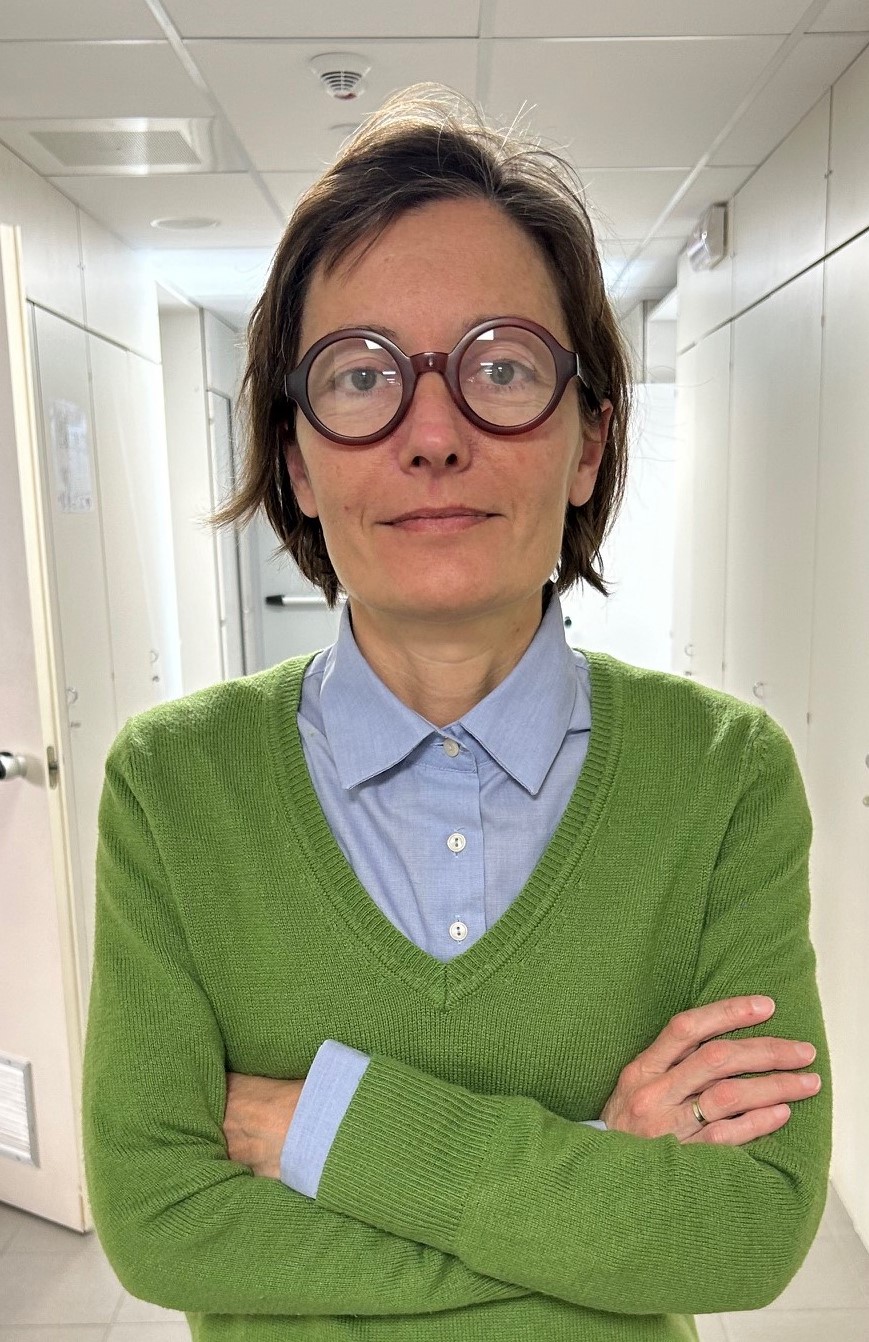
Elisabetta Ronchieri, Ph.D.
Technologist, INFN CNAF, Bologna; Adjunct Professor, Bologna University, Bologna
Dr. Elisabetta Ronchieri is a computer science engineer who held a PhD in Automation, Bioengineering and Robotics in 2007 at the University of Pisa. Since 2001 she has been working as a Researcher in Technology at the Italian National Institute for Nuclear Physics (INFN). She is currently a member of the Distributed Systems (DS) group in the Software Development and Distributed Systems (SDDS) department at INFN CNAF, the INFN National Center dedicated to research and development on IT technologies, located in Bologna, Italy. From 2014 to 2017 she collaborated with the University of Ferrara as an Adjunct Professor teaching Computer Science at the Bachelor degree in Economics. Since 2019 she has started collaborating with the University of Bologna as an Adjunct Professor teaching Machine Learning Systems for Data Science at the Master degree in Statistical Sciences. She does research in Software Engineering, Big Data Technologies, Information and Data Science, particularly with respect to anomaly detection, text analysis, text classification, and clustering in data mining applications.
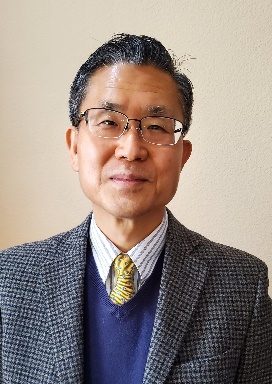
DR. Sang C. Suh is a Regents Professor of Texas A&M University System and a Professor of Computer Science at Texas A&M University – Commerce, USA. His primary research interests are in the areas of artificial intelligence, human computer interaction, data mining, knowledge and data engineering, machine reasoning and computing education. He has over 35 years of experience in scholarly and research activities developing practical industrial applications in those areas with special focus on convergence to transdisciplinary applications. Dr. Suh published 6 books and more than 150 research papers in those areas. He has been recognized for his international leadership in building strong computational and transdisciplinary science and education community with his dedicated contribution of service in various capacities including international conferences and workshops.
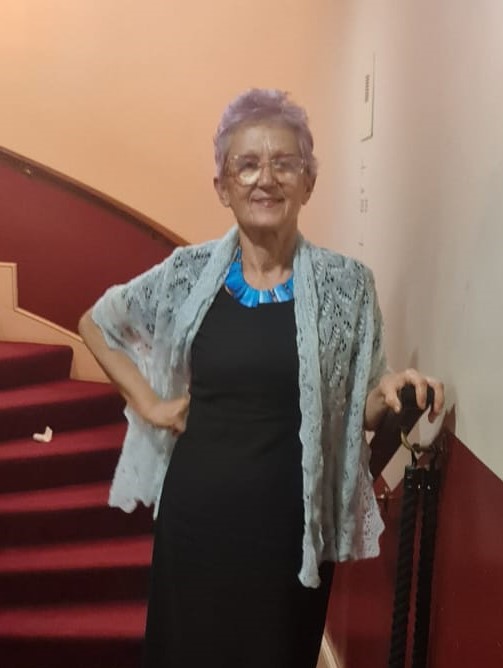
Dr Radmila Juric worked for 25 years in the UK higher education, involved in the delivery of information systems and computer science and business programs, and 7 years in the Norwegian higher education focusing on engineering environments and teaching software development and architectures in cyber physical spaces. Before her academic carrier, she worked as a software engineer in the banking industry, mostly on the IBM mainframes and DB2. Her research interest spans various disciplines, ranging from interactions in pervasive computing with emphasis on cognitive, cultural and behavioural issues, and their applications in healthcare, to architectures and frameworks for achieving interoperability in software intensive systems. She is particularly interested in creating algorithms which shape the current definition of Artificial Intelligence and analysing the human involvement in creating intelligent programmable spaces, for the purpose of exploiting the power of predictive and logic inference in modern computing. This includes issues of obscurity, reliability, bias and potential harm of the AI algorithms and the way we perceive the role of data science in the modern computing and in education is also The domain of research interest is wide: from personalised healthcare and precision medicine, biomedical and translational semantics and drug repurposing, and discoveries, to the IoT and intelligent computational edge, cyber physical security, transportation and automation, urban emergencies and humanitarian crises.
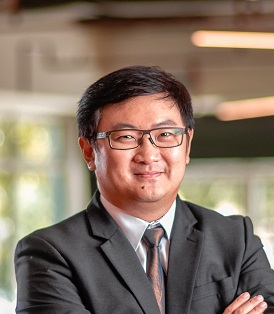
Dr Patrick Then heads School of Information and Communication Technologies at Swinburne University of Technology Sarawak Campus and Health Informatics cluster at Swinburne Melbourne Data Science Institute. He is the founder and director of Swinburne Sarawak’s Digital Innovation Precinct and Centre for Digital Futures. He is the thought leader in health informatics and digital health research and development. His recent research in digital health was selected as one of five Asia-Pacific representations to be presented at the inaugural Digital Summit by the European Society of Cardiology at Tallinn, Estonia in October 2019. He demonstrated translational research from fundamental research to solving real-life cardiac challenges faced by clinicians and patients. He holds distinguished roles as the Board member of Sarawak Development Institute, Vice President of Society for Design and Process Science USA, panel of the prestigious Yayasan Tun Taib scholarship, and technical committee of Malaysian Standards’ Software and System Engineering.
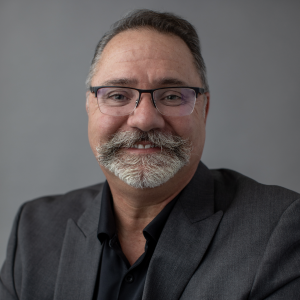
Dr. John N. Carbone has served the defense industry for ~36 years. Dr. Carbone currently serves as Senior Technical Director/Chief Solutions Architect and science advisor to Everfox (Formerly Forcepoint, LLC), within their Global Governments and Critical Infrastructure division. Prior to Everfox, he served as Raytheon Engineering Fellow, Chief Science Advisor, Product Area Technology Director, Chief Engineer for Innovation, and Chief Data Architect & Scientist for numerous globally distributed Big Data, High Performance Compute, and Cloud programs. Dr. Carbone received his undergraduate degree in Computer Science from Baylor University, MSE from Texas Tech University, Software and Systems Engineering from University of Texas at Austin, and Mechanical Engineering PhD from Texas Tech University where his focus was on enhancing information theory by combining cognition-based frameworks, cognitive analytic processes, and adaptations of space-time relationship mechanics. Dr. Carbone’s academic efforts include Adjunct Professor at Southern Methodist University and Baylor University for Graduate Level AI System Design and Data Science, industry advisory boards for Baylor University (CS), Texas Tech University (CS & Cyber), Texas A&M Commerce (CS)(co-chair) for curriculum and ABET accreditations, and University of Texas, Dallas School of Management, and industry board for the Journal of Integrated Design and Process Science (JIDPS). Dr. Carbone has submitted and received national/international software patents, and publishes and edits research for books, journals, conferences, and symposia. Topics include Artificial Intelligence, Cyber Security, Mining Big Data to Improve National Security, Multi-Disciplinary Systems Engineering, Artificial Cognition Architectures, Applied Cyber Physical Systems, AI infused limbs, hearing, and gait sensing prosthetics, Artificial Psychology, Modeling Human Emotions & Testing Artificially Cognitive Systems. Furthermore, Dr. Carbone has advanced data and networking research in Artificial Intelligence, dynamic content discovery, dynamic workflow and analytics provisioning for static and streaming data sources, geospatial intelligence enterprise systems, big data analytics, disruption tolerant networking technology, and cognitive computing-based frameworks for enhancing the decision making of autonomous systems.

Dr. Doğru is currently a professor in the University of Texas at San Antonio, Department of Computer Science. He served as faculty in the Middle East Technical University and for sabbatical visits, in New Jersey Institute of Technology and National University of Singapore. Dr. Dogru has been involved in teaching, consulting, research, publications, and project and tool development activities in different countries, Dr. Dogru has founded degree programs and research groups in Software Engineering and the Center for Verification and Validation for the Modeling and simulation Center, for METU. He has supervised many graduate studies and has numerous publications. His research fields are related with Software Engineering, covering Component Orientation, Specifications, Methodologies, and Real-time critical software. Dr. Doğru has been active within the Society for Design and Process Science since its beginning, as a founding member where he served as the president and vice president for the Software Engineering Society. He had two one-year sabbatical assignments, in New Jersey Institute of Technology and National University of Singapore.
Stearing Committees
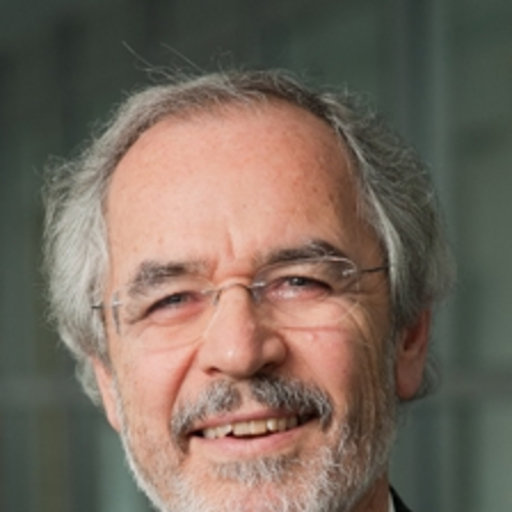
Bernd J. Krämer is Professor Emeritus of FernUniversität in Hagen. He has been Chairman of ServTech since 2007 and Honorary Chairman of edu-sharing.net since 2021 after serving on the board since 2009. He was a co-founder of these two non-profit research associations. He has been a guest professor at several renowned universities, including Shanghai Jiao Tong University, the International Computer Science Institute affiliated with UC Berkeley, Monash University in Melbourne, and the Queensland University of Technology in Brisbane.
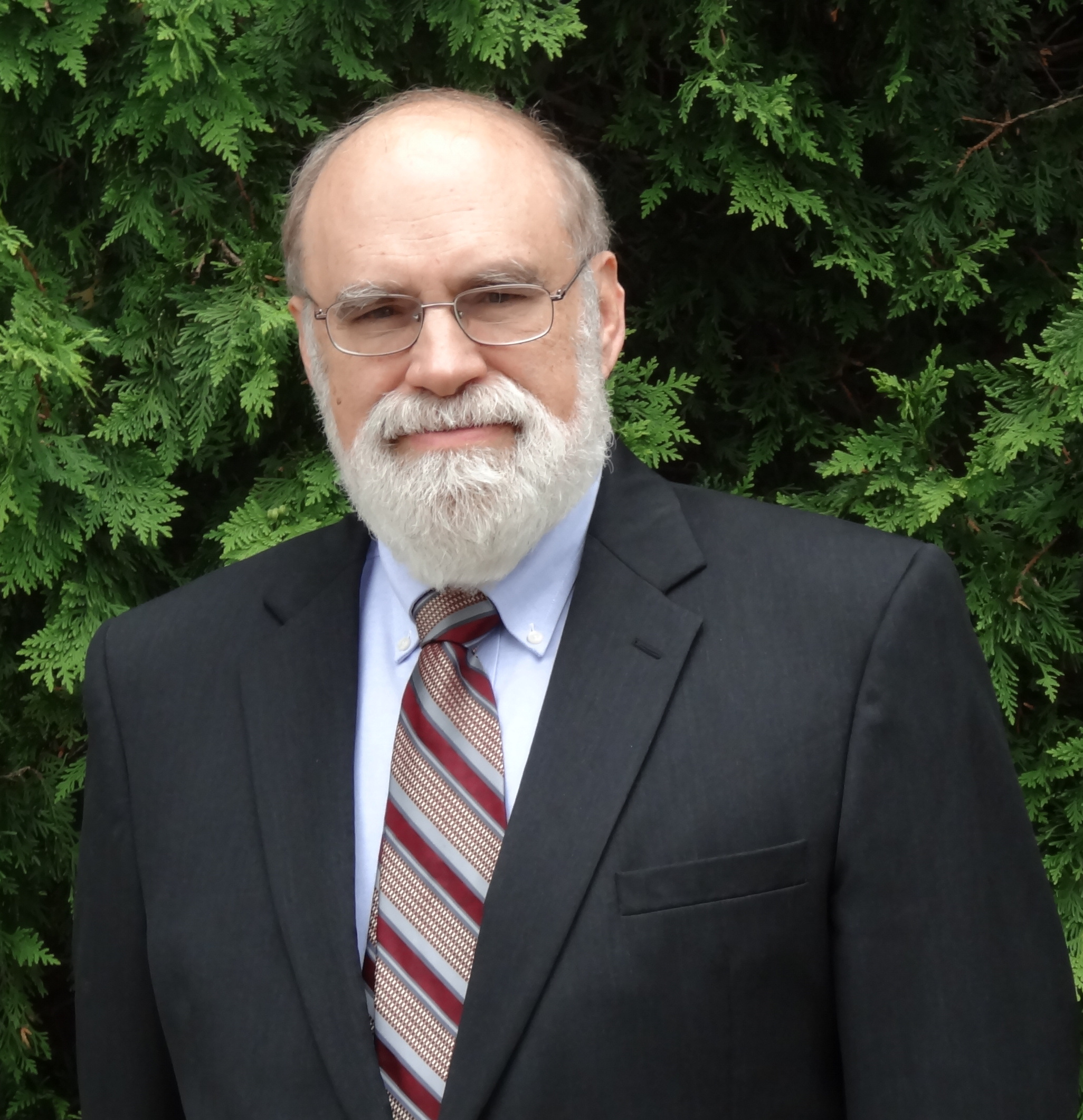
Mr. Gatchel had a small part in the founding of SDPS from 1994-1995 and served as its Secretary and Treasurer for over 20 years. He graduated from the University of Texas at Arlington in 1969 and went to work as engineer at Bell Helicopter Textron in Fort Worth, Texas. He worked in the Bell Engineering Department for over five years, where he primarily focused on the dynamic analysis of tiltrotor aircraft. He and his wife then moved to State College, Pennsylvania where in 1976 he graduated with an MS degree in Engineering Mechanics from Penn State University. Following graduation, he went to Cincinnati and worked for the Structural Dynamics Research Corporation, an engineering consulting firm. There, his projects involved design analysis of many complex systems for a diverse group of industry clients including automotive, heavy equipment, aerospace, and industrial equipment. After two years, he went work for University Computing Company (UCC) in Dallas, Texas where he stayed for almost fifteen years. He supported and advised many industry clients on projects involving the use of complex engineering software applications available on the UCC network. He held several positions from consultant to marketing manager before leaving UCC to become a consultant for major electric utility companies, software houses, and telecommunications companies. He founded several small companies and is now retired.
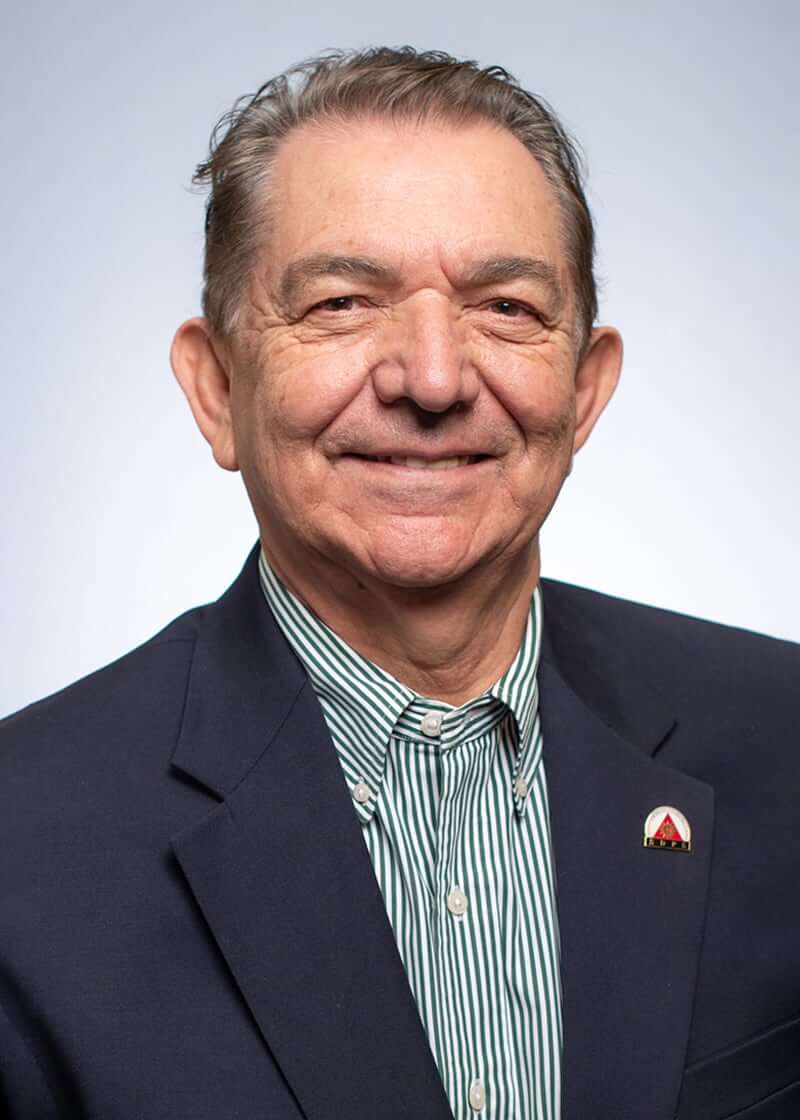
Murat M. Tanik, PhD is Endowed chair emeritus from UAB at Electrical and Computer Engineering department. He is also Co-Director, [UAB Center for Integrated Systems](https://sites.uab.edu/isc/).
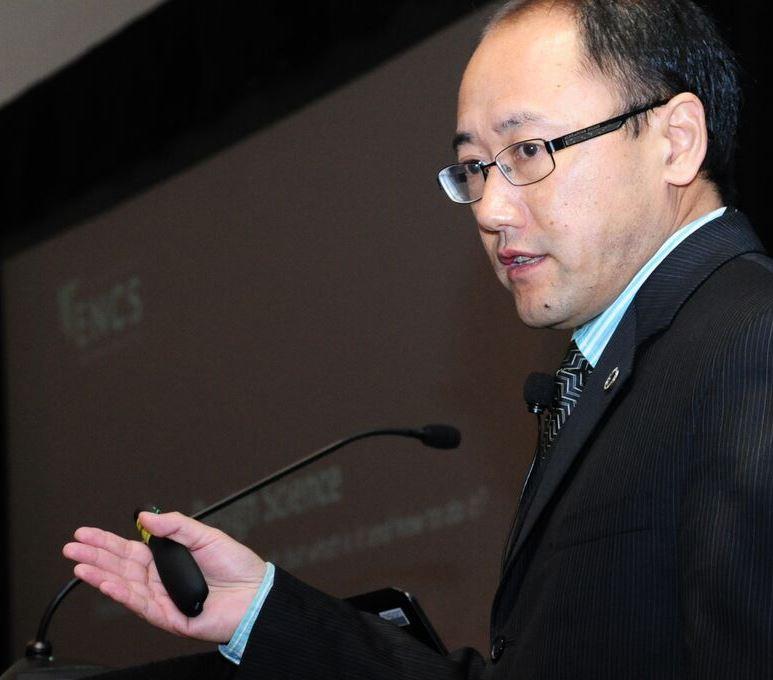
Dr. Yong Zeng is a Professor in the Concordia Institute for Information Systems Engineering at Concordia University. He was an NSERC Chair in Aerospace Design Engineering program (2015 - 2019). He was the Canada Research Chair (Tier II) in design science (2004 - 2014). Prior to joining in Concordia in August 2003, he was a research associate in the Integrated Manufacturing Technologies Institute at the National Research Council of Canada for about two years after he received his Ph.D. from Department of Mechanical and Manufacturing Engineering at the University of Calgary in 2001. He obtained another PhD degree in Computational Mechanics from Dalian University of Technology in 1992, where he also received his Master's degree in 1989. Between his two PhD studies, he was a faculty member in the Department of Civil and Architectural Engineering at the Institute of Logistics Engineering, where he completed his B.Eng degree in Structural Engineering in 1986.